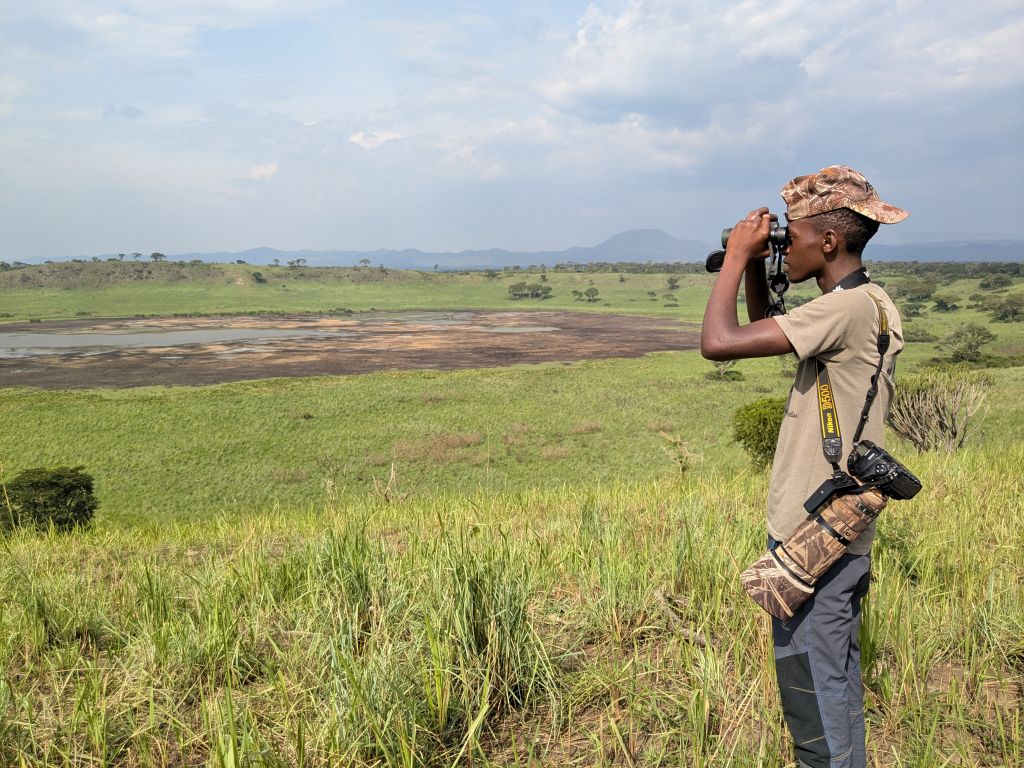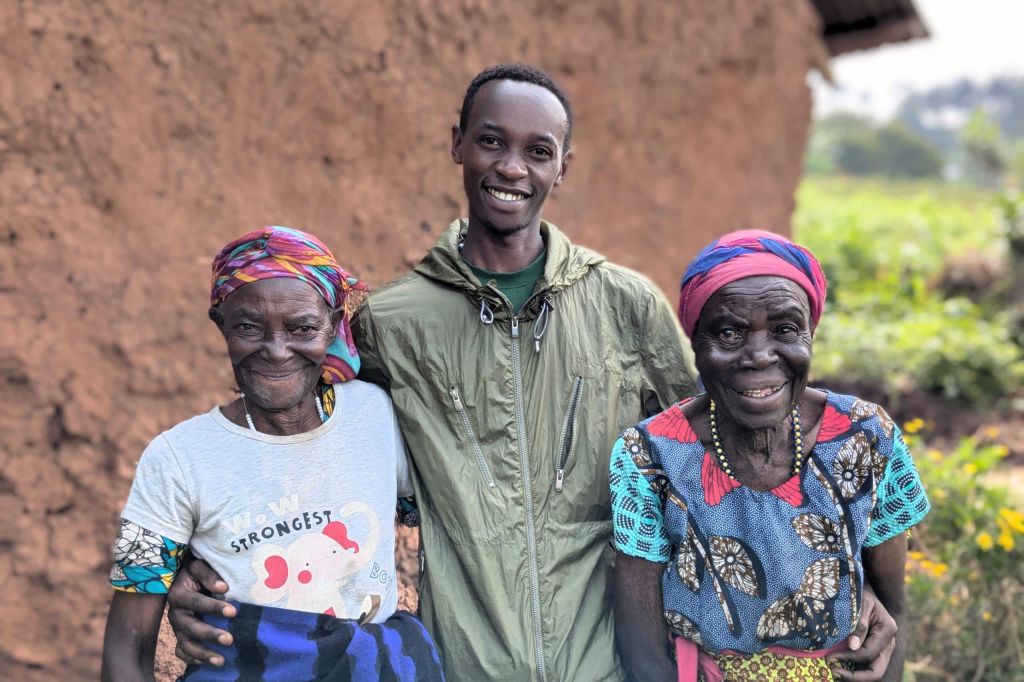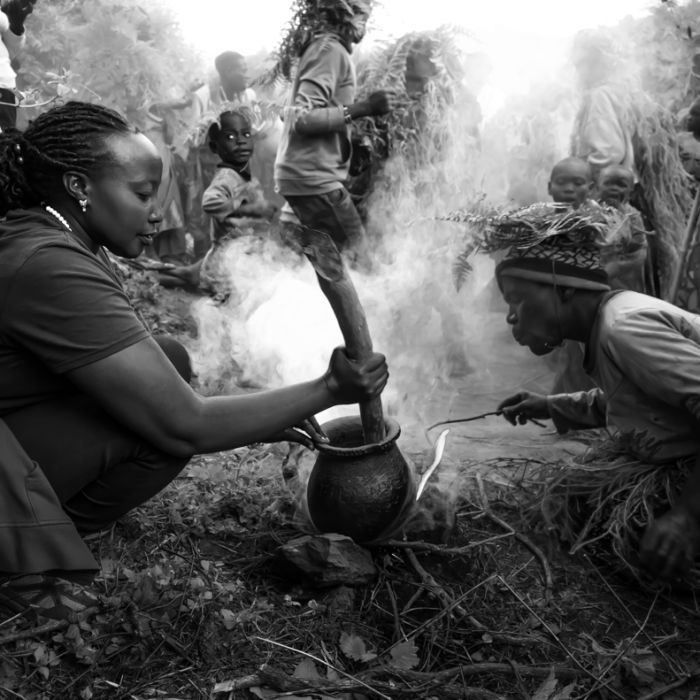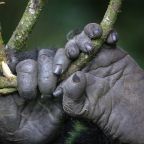How to Be a Responsible and Local Tourist in Uganda
Tourism is one of the most powerful ways to experience new cultures, landscapes, and wildlife. However, without responsible practices, tourism can also harm local communities and ecosystems. Uganda, known as the “Pearl of Africa,” offers breathtaking landscapes, incredible wildlife, and rich cultural experiences. As a traveller, making ethical choices can ensure your visit has a positive impact.
At Hillary Uganda Trips, we prioritize responsible tourism, ensuring that every journey contributes to conservation and the well-being of local communities. Hillary, a local guide and founder from Lake Bunyonyi, leads every trip with a focus on sustainability, community support, and authentic cultural experiences.
In this guide, we explore how you can travel responsibly in Uganda, from supporting local communities to reducing your environmental footprint.
1. Understanding Responsible Tourism in Uganda
Responsible tourism means being mindful of your impact on the places you visit. In Uganda, this involves:
- Supporting local businesses instead of large international chains.
- Respecting local cultures and traditions.
- Minimizing environmental damage by reducing waste and supporting conservation efforts.
- Giving back to communities in meaningful ways.
By making responsible choices, you not only enjoy a more immersive travel experience but also contribute to the long-term well-being of the destinations you visit.
2. Supporting Local Communities Through Tourism
One of the most rewarding aspects of travel is the opportunity to connect with the people who call a place home. In Uganda, tourism plays a crucial role in supporting local communities. Here’s how you can make a difference:
a. Choose Locally Owned Accommodations
Instead of staying in large international hotels, opt for locally owned lodges, guesthouses, or homestays. These accommodations:
- Provide employment for locals.
- Invest in the community.
- Offer authentic Ugandan hospitality.
Some excellent options include Mount Gahinga Lodge near Mgahinga Gorilla National Park and Mutanda Lake Resort near Kisoro. When traveling to Lake Bunyonyi, consider staying at community-run eco-lodges that support local development projects.
b. Eat at Local Restaurants & Purchase Locally Sourced Food
Uganda is known for its delicious cuisine, including Luwombo (peanut stew), Rolex (chapati with eggs), and Matoke (steamed bananas). Supporting small, local restaurants ensures that your money stays within the community.
At Hillary Uganda Trips, we encourage guests to:
- Buy fresh fruits and vegetables from village markets.
- Enjoy meals prepared by local families.
- Learn traditional cooking techniques from Ugandan chefs.
c. Hire Local Guides
When exploring Uganda’s national parks, mountains, and cultural sites, choosing a local guide ensures:
- Employment opportunities for community members.
- Authentic knowledge of the area.
- A more enriching travel experience.
Hillary, founder of Hillary Uganda Trips, is a professional local guide who offers guided tours through Bwindi, Lake Bunyonyi, Queen Elizabeth National Park, and Mgahinga Gorilla National Park.
Want to feel local in Uganda? Contact me and I plan your desired trip with you.
📩 Email: hillary@hillaryugandatrips.com
📞 WhatsApp: +256 726 436 969
d. Giving Back: Housing for the Needy & Sponsoring an Orphan
- Helping Build Housing for the Needy
Many communities in rural Uganda struggle with access to decent housing. As a responsible tourist, you can:
- Donate to housing projects that build homes for families in need.
- Volunteer in community construction efforts when possible.
- Stay in community lodges that reinvest profits into housing initiatives.
Through Hillary Uganda Trips, part of the tour proceeds go towards supporting housing initiatives for vulnerable families in Kabale and Kisoro.
- Sponsor an Orphan’s Education
Education is one of the best ways to break the cycle of poverty. In Uganda, many children, especially orphans, lack access to school due to financial constraints.
Ways to help:
- Sponsor a child’s school fees.
- Donate school supplies.
- Visit local schools to learn about their challenges.
At Lake Bunyonyi, Hillary works closely with schools, connecting travelers with meaningful sponsorship opportunities.
e. Pack for a Cause: Bringing Essential Supplies for Communities
If you’re traveling to Uganda, consider bringing essential items to donate, such as:
- School supplies: Notebooks, pens, backpacks.
- Clothing: Light clothing for children and adults.
- Medical supplies: Basic first aid kits.
- Reusable water bottles and menstrual hygiene kits to support community health.
These small contributions make a significant impact and can be delivered directly to families or schools through Hillary Uganda Trips.
f. Respecting Wildlife and Conservation Efforts
Uganda is home to diverse wildlife, including endangered mountain gorillas, golden monkeys, elephants, and lions. As a responsible tourist, it’s crucial to support conservation efforts.
Gorilla and Golden Monkey Trekking Responsibly
- Always keep a 7-meter distance from the animals.
- Follow the guidelines of the Uganda Wildlife Authority.
- Avoid flash photography, which can disturb wildlife.
- Do not touch or feed animals.
By following these guidelines, you contribute to the protection of Uganda’s wildlife and ensure that future generations can enjoy these experiences.
Visit Conservation Projects
Uganda has several conservation centres where you can learn about protecting endangered species. Visiting these initiatives supports research and conservation programs.
Some great conservation areas include:
- Bwindi Impenetrable National Park (Mountain Gorilla Conservation).
- Ziwa Rhino Sanctuary (Rhinoceros protection).
- Mgahinga Gorilla National Park (Golden Monkey Research Programs).
g. Reducing Your Environmental Footprint While Traveling
Use Eco-Friendly Transportation
Instead of using private cars for short distances, opt for:
- Walking tours to explore local villages and landscapes.
- Cycling tours around Lake Bunyonyi.
- Shared transport options to reduce carbon emissions.
Minimize Plastic Waste
Uganda has a plastic bag ban, but tourists should take additional steps:
- Carry a reusable water bottle.
- Bring a cloth shopping bag.
- Avoid single-use plastics whenever possible.
Stay in Eco-Lodges
Many lodges in Uganda practice sustainability by using solar energy, composting waste, and sourcing food locally. Choosing these accommodations reduces your environmental impact.
g. Engaging in Cultural Experiences & Learning from Local Communities
Uganda’s diverse culture offers unique opportunities for responsible tourism.
Participate in a Community Walk
Join Hillary for guided cultural walks in villages near Lake Bunyonyi, Kisoro, and Bwindi. These walks allow you to:
- Learn about traditional farming practices.
- Visit local craftsmen and artisans.
- Participate in cooking experiences with local families.
Experience the Batwa Cultural Trail
The Batwa people, Uganda’s indigenous forest dwellers, offer cultural experiences where visitors can:
- Learn about their history and struggles after eviction from the forests.
- Participate in traditional music and storytelling sessions.
- Support Batwa-led community projects.
Be a Responsible Tourist in Uganda
Traveling responsibly in Uganda ensures that both the environment and local communities benefit from tourism. By choosing Hillary Uganda Trips, you support sustainable travel, cultural preservation, and community development.
Whether you’re trekking gorillas, exploring Uganda’s national parks, or engaging in cultural experiences, your visit can leave a lasting positive impact.
Want to feel local in Uganda? Let me know how you need your trip customized and will help you arrange it.
📩 Email: hillary@hillaryugandatrips.com
🌍 Website: www.hillaryugandatrips.com
Join Hillary for an authentic and ethical travel experience in Uganda!











